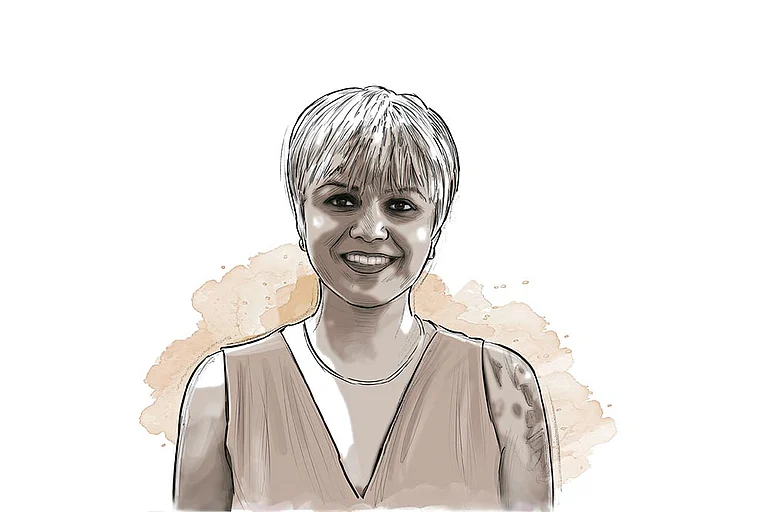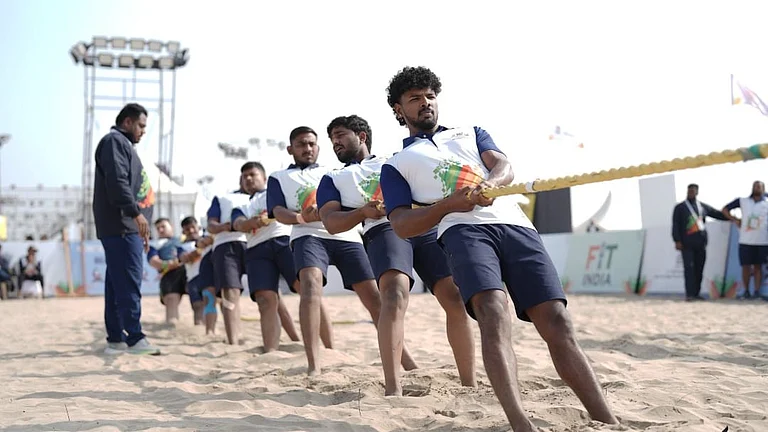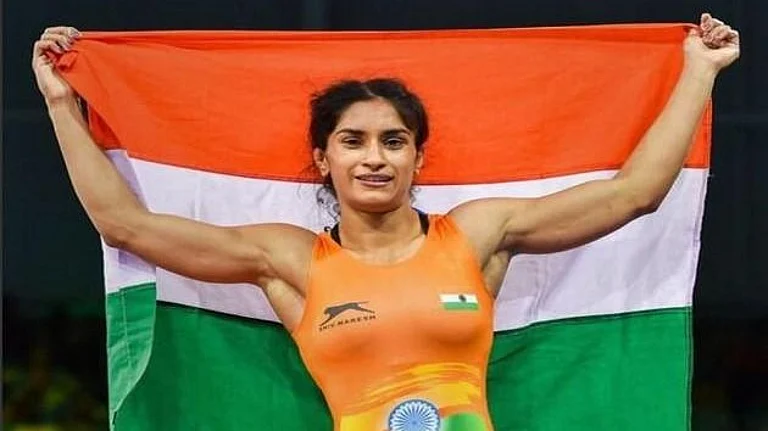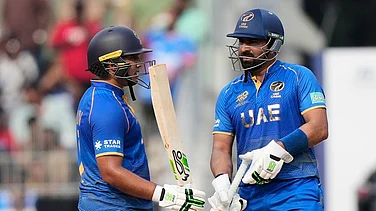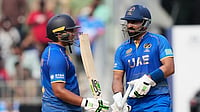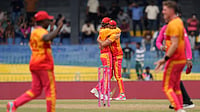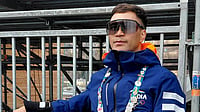Days after enduring the most tumultuous, heartbreaking ride conceivable at the Paris Summer Games, Vinesh Phogat is back in the protest fold. The three-time Olympian has demonstrated her solidarity with the farmers' uprising, standing with them in a resistance that is now ongoing for more than 200 days. (More Sports News)
“Faslon aur naslon ko bachane ke liye hum kisan aur mazdoor parivar ke saath khade hain (To save crops and future generations, I am standing with the families of farmers and labourers),” Phogat said at the Shambhu border (between Punjab and Haryana) on Saturday. Around her, hundreds of farmers continued to wage a fight against the establishment, seeking a legal guarantee of Minimum Support Price (MSP) for crops, among other things.
“Farmers should be heard and they must get their rights,” Phogat added. This comes barely a fortnight after her own appeal for a joint silver medal was dismissed by the Court of Arbitration of Sports in Paris.
Over the past 20 months, the grappler has been the face of a raging protest against ousted Wrestling Federation of India president Brij Bhushan Sharan Singh, unequivocally holding the Indian government accountable by association. The protest, also architected by Phogat's colleagues Bajrang Punia and Sakshi Malik, has been a singular event in the Indian landscape.
Sports And Social Activism: History Of Athletes' Resistance
Globally speaking, sportspersons taking up such political cudgels has plenty of historical precedence. In fact, the first-ever such protest is said to have originated all the way back in 532 A.D.
Chariot races were underway in Constantinople. Drivers from the opposing Blues and Greens teams apparently asked the emperor Justinian to pardon two of their followers who had been condemned to die. The king's refusal, the story goes, led to the Nika Revolt, with close to six weeks of violent riots that caused almost 30,000 deaths.
Centuries later, in 1906, the world witnessed its first notable Olympic Games protest. Irish track and field athlete Peter O’Connor competed in the Athens Games but fresh regulations forced him to represent Great Britain, as Ireland did not yet have its own Olympic Committee to nominate him.
The controversial decision sparked defiance from O’Connor, who scaled a 20-foot flagpole in the stadium to raise an Irish flag. The green flag displayed the words “Erin Go Bragh,” or Ireland Forever, and O’Connor waved the flag even as teammate Con Leahy stood guard at the base.
With time, protests about race and gender began emerging in the forefront. In 1968, the 200-metre final at the Mexico City Games bore witness to the iconic 'Black Power' salute. After Tommie Smith won gold and John Carlos silver, the American duo stepped onto the podium shoeless but donning black socks and gloves. Then, they raised their fists above their bowed heads to silently protest racial discrimination in USA, as The Star-Spangled Banner played.
A year prior, Kathrine Switzer broke a long-standing gender barrier and became the first known woman to run the Boston Marathon in 1967, after entering the all-male marathon using her initials instead of her full name. The race director Jock Semple tried to physically pull Kathrine out of the race, but was stopped by Switzer’s boyfriend, who barged him away from her.
More recently, an act of kneeling by San Francisco 49ers player Colin Kaepernick in 2016 spread like wildfire as athletes from all over the world began 'taking the knee' to police brutality and social injustice facing black Americans.
In the present-day world, debate rages on regarding the interplay of geo-politics with sports contests, and the resulting consequences. Whether or not one agrees about mixing politics with sports, there have always been, and perhaps will always be, athletes who view their actions on the field and off it as deeply political in themselves.








